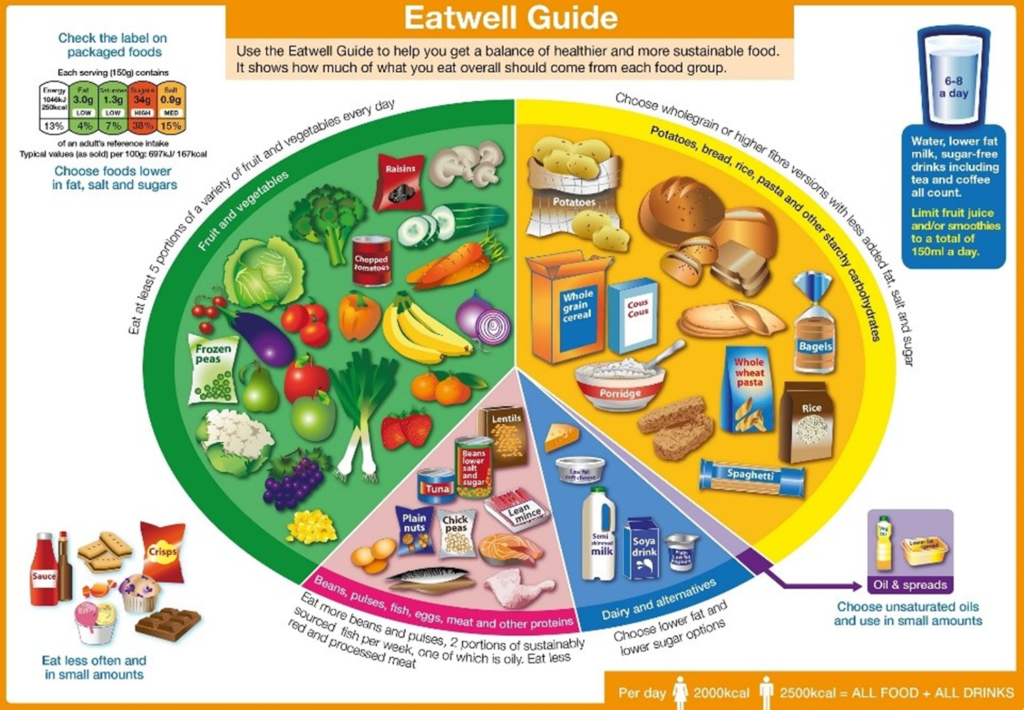Importance of Healthy Eating and Sleep
Although this may seem like an obvious piece of advice, this isn’t something that all of our GCSE students take as seriously as they should. We ask that parents and carers encourage these habits at home.
Students having sufficient sleep, eating healthily whilst always ensuring they eat breakfast is vital for their academic success and wellbeing. These aspects play a significant role in promoting a positive learning environment and supporting students’ overall well-being.
Sleep
Getting enough sleep is essential for students as it directly impacts their physical and mental health, as well as their academic performance. Satisfactory sleep helps in consolidating information learned throughout the day, improving memory, concentration, and problem-solving abilities. Students who are well-rested are more likely to be alert, attentive, and engaged during classes, leading to better retention of knowledge.
Healthy eating
Maintaining a healthy diet is crucial because it provides the necessary nutrients for growth, development, and overall well-being. A balanced diet ensures that students receive the essential vitamins, minerals, and macronutrients needed for optimal physical and cognitive functioning. A nutritious diet supports healthy brain function, enhances focus and attention, and boosts the immune system, thereby reducing absenteeism due to illness.

Breakfast
Making sure students have breakfast is vital as it sets the tone for the day ahead. Eating a nutritious breakfast fuels the body and brain, providing the energy needed for optimal cognitive functioning and concentration. Students who have breakfast are more likely to perform better academically, show improved memory and problem-solving skills, and have better behaviour and mood regulation throughout the day.
Avoiding energy drinks
It’s important for students to refrain from consuming energy drinks due to their potential negative effects on health and academic performance. Energy drinks often contain high levels of caffeine and sugar, which can lead to increased heart rate, restlessness, and difficulty concentrating. They can also disrupt sleep patterns, leading to fatigue and reduced alertness during classes. Encouraging students to stay hydrated with water or natural fruit juices is a healthier alternative.